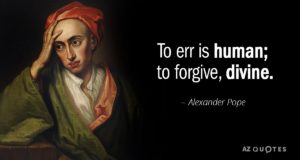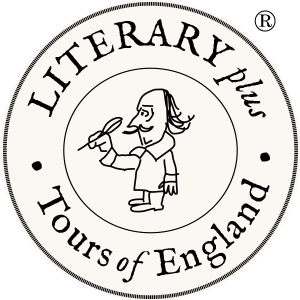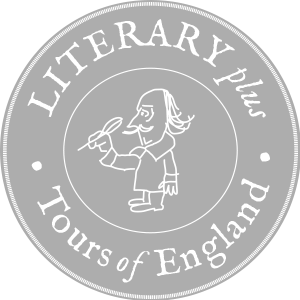12 Oct Alexander Pope
 Alexander Pope (1688-1744) is one of England’s greatest poets. He made his reputation in his early 20’s, especially with the publication of An Essay on Criticism (1711). The poem includes lines that are still familiar: for example “To err is human; to forgive, divine”, “A little learning is a dangerous thing”, “Fools rush in where angels fear to tread”. Pope’s most enduring work is the satirical poem The Rape of the Lock (1714). Based on an actual event that led to a feud between two high society families, the poem can be seen as a critical study (both witty and serious) of prevailing mores, especially the perceived importance of social status and material possessions.
Alexander Pope (1688-1744) is one of England’s greatest poets. He made his reputation in his early 20’s, especially with the publication of An Essay on Criticism (1711). The poem includes lines that are still familiar: for example “To err is human; to forgive, divine”, “A little learning is a dangerous thing”, “Fools rush in where angels fear to tread”. Pope’s most enduring work is the satirical poem The Rape of the Lock (1714). Based on an actual event that led to a feud between two high society families, the poem can be seen as a critical study (both witty and serious) of prevailing mores, especially the perceived importance of social status and material possessions.
His success enabled Pope to buy a villa in Twickenham (a west London suburb). There he created an extraordinary underground grotto, most of which survives under 20th Century buildings. Although the villa has been a school since 1919, the grotto is open to the public during the annual Twickenham Festival. Pope died in Twickenham and he’s buried in the nave of the Church of St Mary the Virgin. There’s a permanent Pope display in the Twickenham Museum and a memorial bench on the Thames embankment. There’s also a memorial window in Poets’ Corner in London’s Westminster Abbey.



